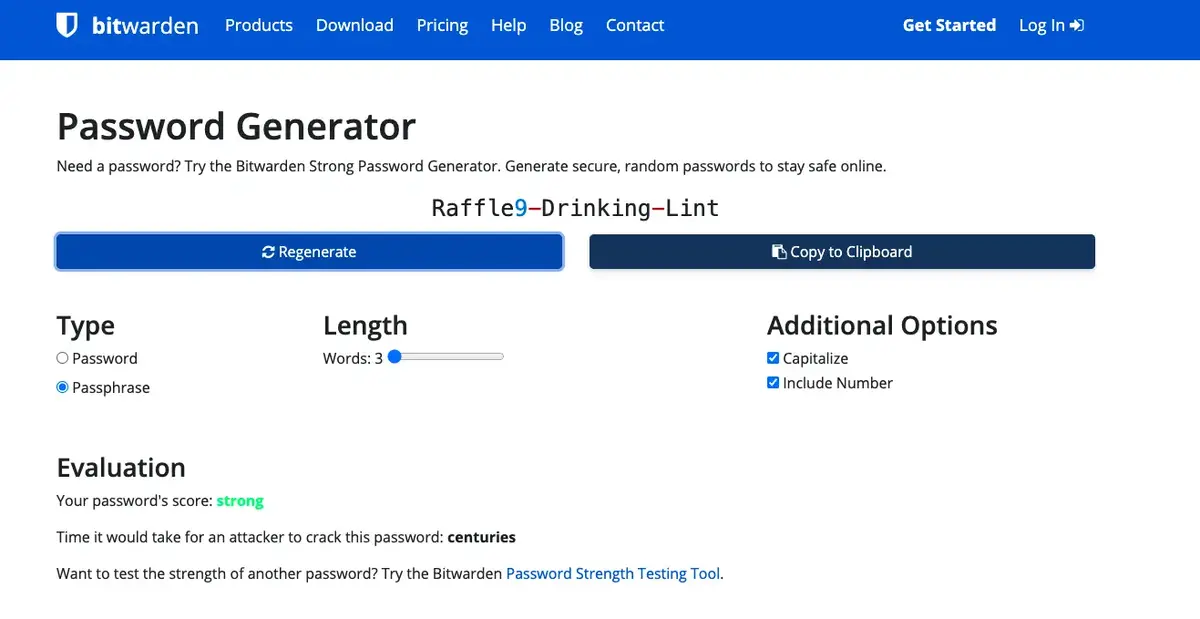Browsing the Internet and facing security issues is quite common. Users should avoid Internet mistakes when navigating through different websites. In fact, it is estimated that 3 out of 4 people face this problems. In this article we give you some advice to fully protect your data and avoid jeopardizing privacy or device security.
In order to stay protected on the Internet you must take various factors into account. It’s crucial to install a good antivirus on your device and keep them updated. It’s also important to use a complex password to prevent unauthorized access. What happens if these measures fail? All the system could come crashing down, and our device may be exposed.
Internet mistakes, the password setting
The main problem is that a large percentage of people do not properly protect their passwords. It is estimated that about 75% make a mistake when setting passwords. This applies to social media accounts, emails or even banking applications. Hackers can take advantage of a sloppy password setting and steal your information.
The most common Internet mistakes include using a weak password that is easy to remember and contains personal data. If you use your name, date of birth or mobile number, a hacker can guess your password easily by investigating your profile. These are the first passwords hackers try when attacking a device. They cross-reference all your information on the Internet and try to guess easy passwords.
In addition, simple and easy passwords are still widely used. Some examples are “123456” or “654321” and similar. They are easy to remember, but they are also very insecure. If you really want to protect your card PIN, email account or social media, avoid these kind of passwords.
Other Internet mistakes include using the same password in multiple places or accounts. Even if your password is super-secure, to repeat it is a great mistake. In case a hacker discovers your password, all your services would be at risk.
How to create secure passwords
There are some tips to create a completely reliable password and not endanger your accounts on the Internet. Avoiding mistakes is essential to prevent problems with your social media and services accounts. Always remember that hacker want your account information to steal data, money or even impersonating you to scam your friends and family.
First you should create completely random passwords. They should contain letters (uppercase and lowercase), numbers as well as special symbols. A good idea is to avoid using any personal information such as name or birth date. The length should be at least 12 characters the longer the better.
Another consideration you should take from time to time is changing the password. Even if your password is secure today, it may not be in the future. There could be breaches, for example, and hypothetical intruders could take advantages of it to access your account. Although there’s no set time, it’s better to change it every 3 months than every 6, just to think.
Furthermore, using a password manager helps you to create secure combinations and store them without risks. You can use online platforms like 1Password or LastPass. There are several options and you just need to make sure to use one with guarantees. Keep in mind that the time it takes to crack a password depends on how secure it is, so the password manager can assist you in changing them periodically.
To sum up, it’s very important not to make mistakes with passwords. It’s an essential security barrier to protect your accounts, and you should always take certain precautions when registering on the Internet and creating the correct passwords.

